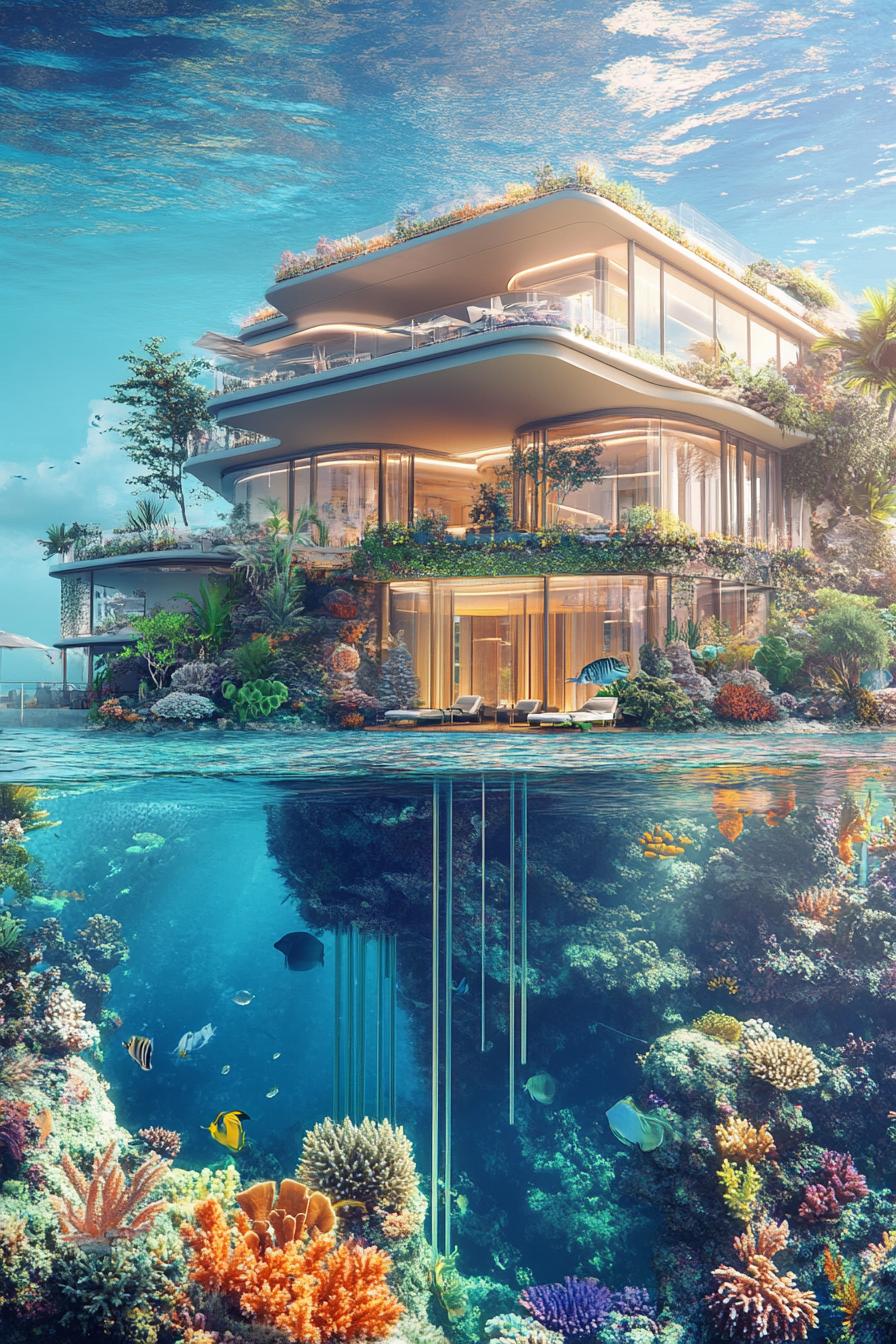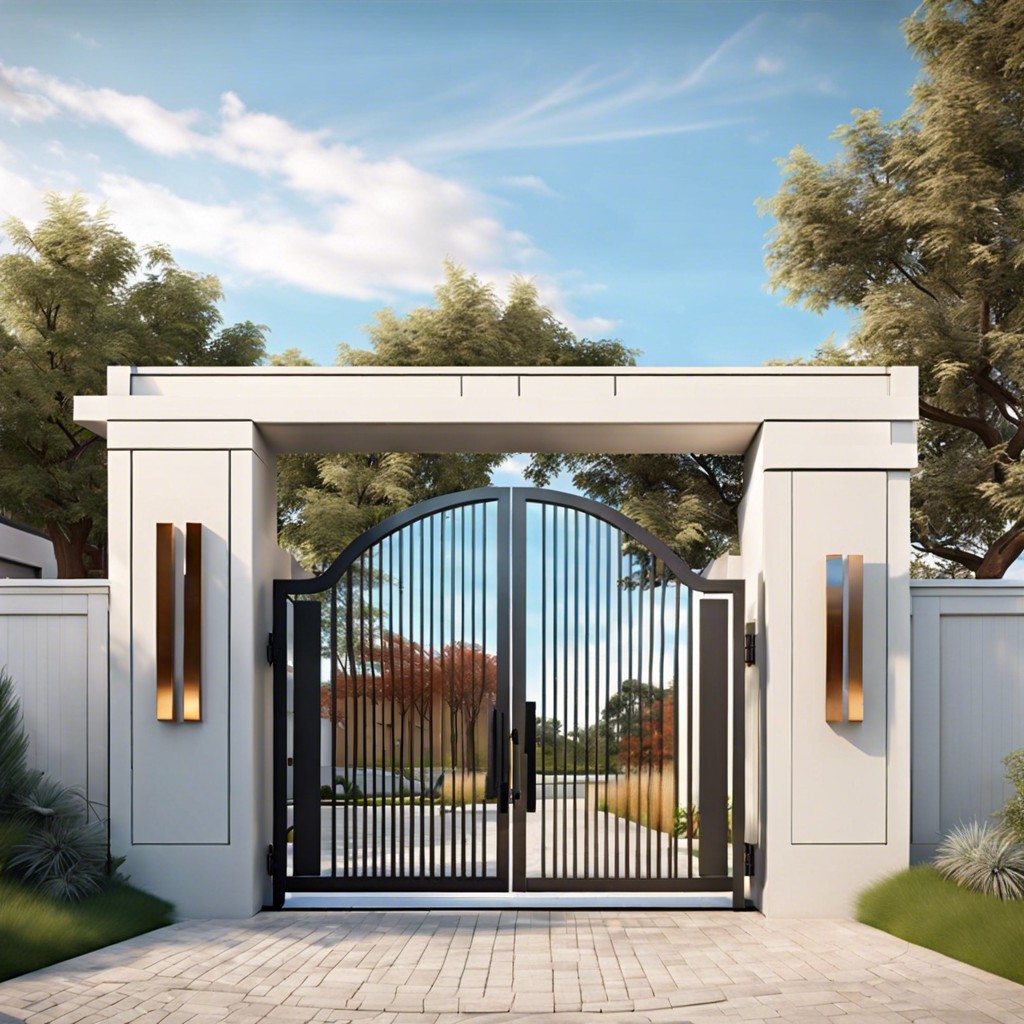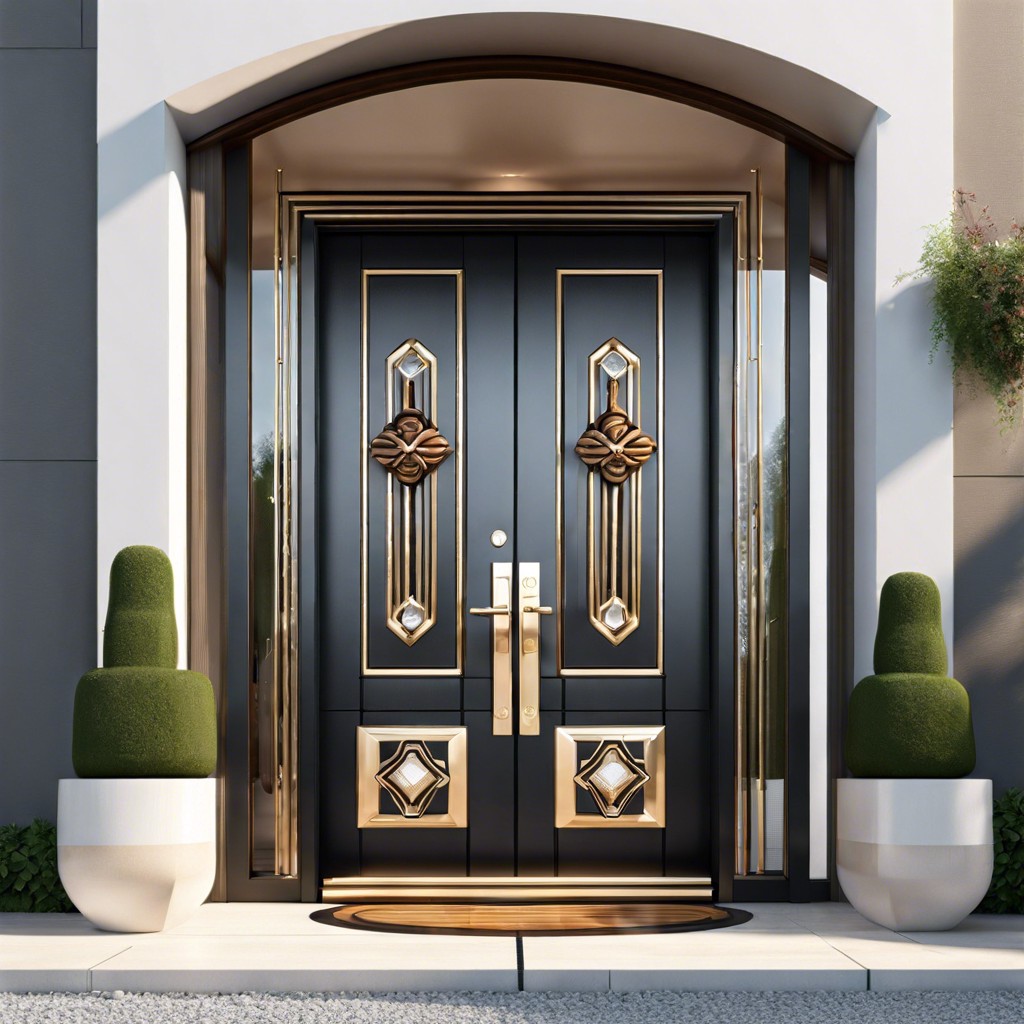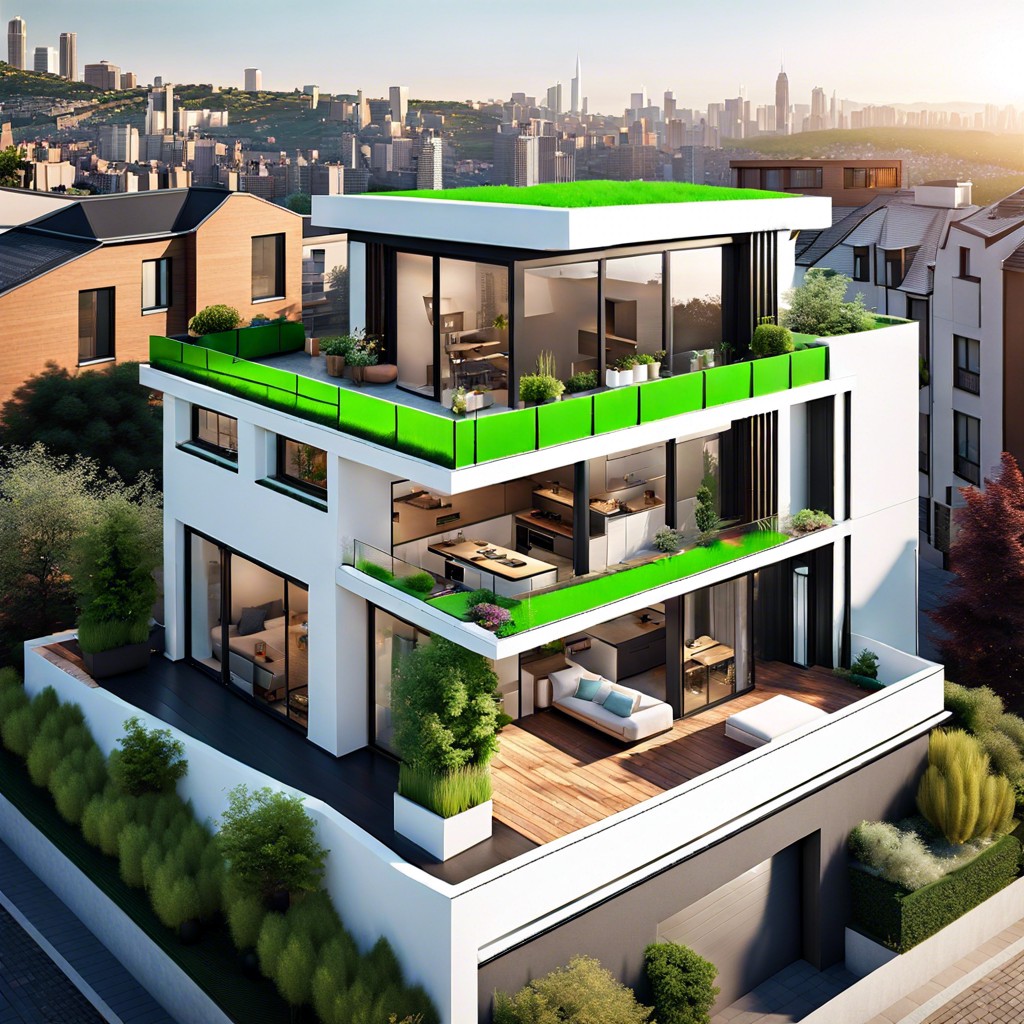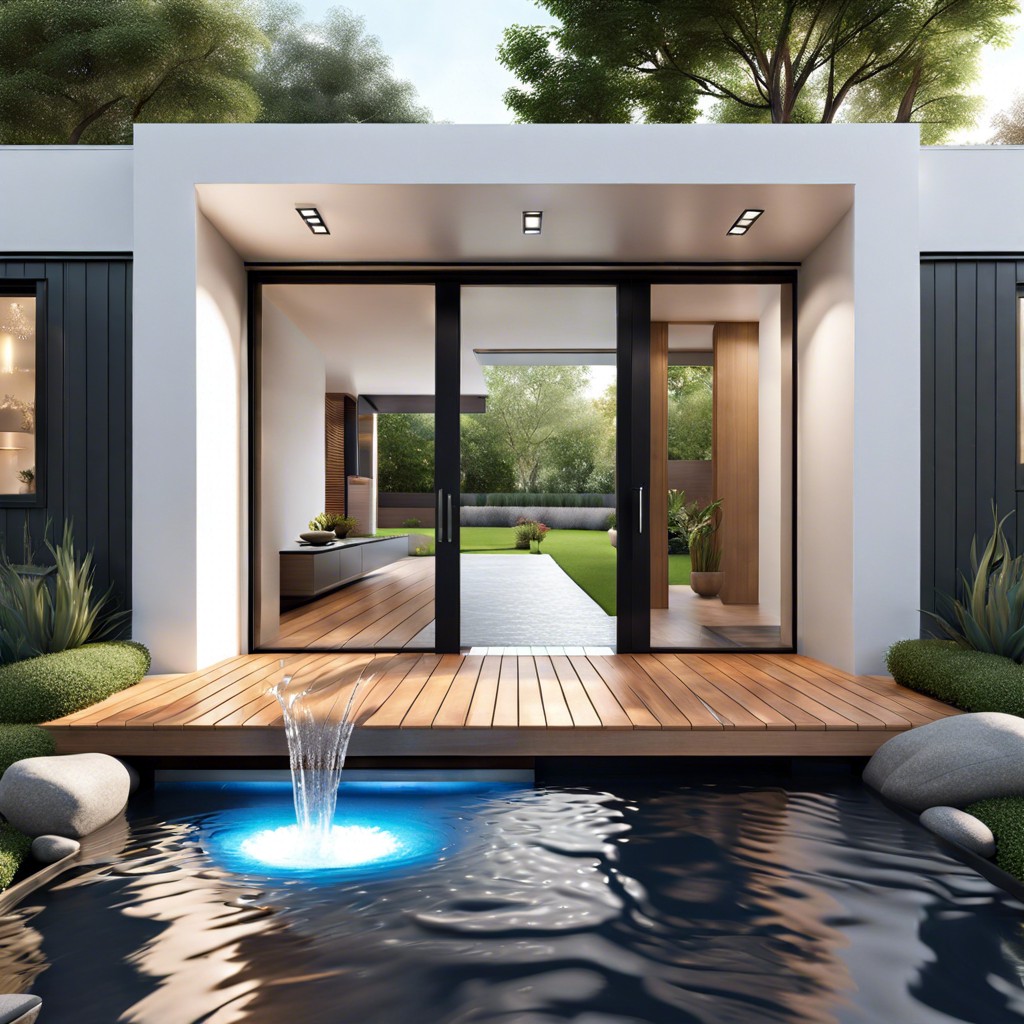Last updated on
You’ll want to continue reading because this article dives deep into the cost of Abodu homes, a sustainable and increasingly popular housing choice.
If you’re inquiring about Abodu’s cost, you’ve found the perfect article. Abodu, the company that’s leading the charge in providing accessory dwelling units (ADUs) has pricing that varies based on the model and customization you choose.
Primarily, the prices range from $190,000 to $259,000, which includes everything from site assessment, permits, to the install. Read on to glean an in-depth breakdown of Abodu’s pricing structure including specific costs for each model and an analysis of potential financial returns.
The estimated price range for these ADUs is between $418 and $564+ per square foot. These estimates are all-inclusive, covering the cost of the home module, labor, and site work. However, the cost of land and any home upgrades are not included in this estimate.
Pricing ranges:
- Studio (1 Bedroom, 1 Bathroom, 335 Square Feet): $189,000+
- One (1 Bedroom, 1 Bathroom, 500 Square Feet): $199,000+
- Two (2 Bedrooms, 1 Bathroom, 620 Square Feet): $259,000+
Key takeaways:
- Factors influencing cost include permitting fees, installation needs, custom features, and financing fees.
- The base prices for different Abodu models vary based on size and features.
- Site work and permitting fees are additional costs to consider.
- Optional add-ons and customizations can increase the overall cost.
Understanding Abodu Costs
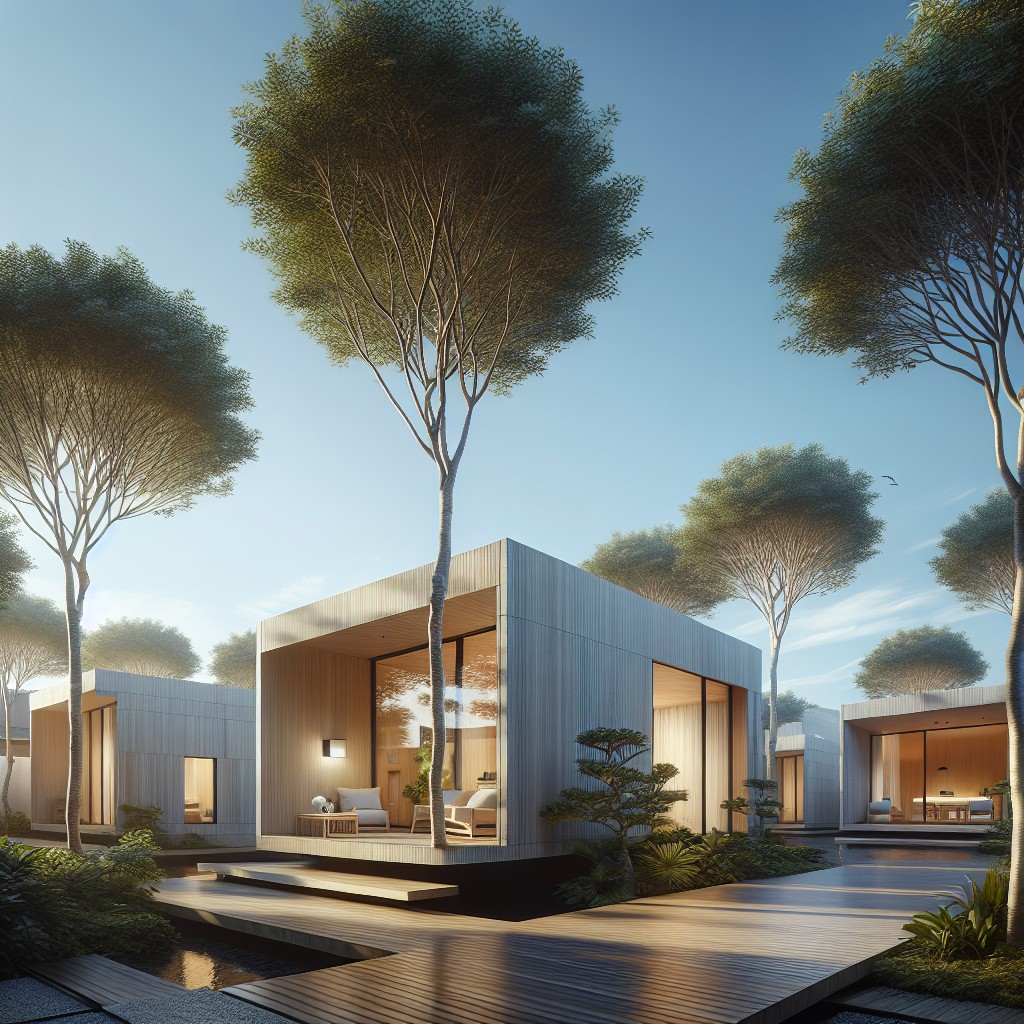
When it comes to investing in an Abodu, the price you see upfront doesn’t always encompass the full expense. Initially, the cost of your unit is clear-cut; it covers the structure itself, basic features, and sometimes delivery. However, diving deeper, you’ll uncover that a variety of factors come into play.
- Permitting Fees: Local regulations differ, and securing building permits can add a significant amount to your budget.
- Installation Needs: The condition of your land might necessitate additional groundwork or utility hookups, influencing the bottom line.
- Custom Features: Tailoring your Abodu to personal taste or specific needs with upgrades or modifications can alter the cost.
- Financing Fees: If you choose to finance your Abodu, interest rates and loan terms will contribute to the overall financial footprint.
By examining these aspects, you gain a clearer picture of the total investment required for your Abodu home. It’s essential to consider these variables to align your expectations with reality and make informed decisions about your sustainable living space.
Abodu Cost Breakdown
When examining the costs associated with an Abodu, it’s crucial to dissect the various elements that contribute to the final price tag. The initial figure typically encapsulates the base model which includes essential features compliant with building codes. This cost serves as a starting point and will adjust based on your custom choices and site requirements.
Permitting comes next; fees can vary widely depending on location. Municipalities charge these to ensure your new structure meets local zoning and building specifications. A professional site assessment will identify the necessary groundwork required to prepare for installation, influencing costs attributed to excavation, foundation work, and utility connections.
Convenience and personal taste might entice you toward optional extras. Upgrades like enhanced finishes, premium appliances, or smart home features offer added comfort and functionality but will escalate the overall investment.
Remember that these figures form a comprehensive view of what to expect financially, helping you to budget effectively for your home expansion or new dwelling project.
Base Prices for Different Models
Abodu offers several models, each with a set price that serves as the starting point for your budgeting.
The one-bedroom unit is the most compact option, hence the most affordable, ideal for an office or guest house.
For those needing more space, the two-bedroom model offers additional living areas, understandably at a higher base cost.
Premium features like vaulted ceilings and full kitchens are standard in every model, contributing to the variations in starting prices.
Keep in mind, the base price includes standard features along with the cost of the unit’s structure itself, but it’s only the first step in understanding the total investment.
Additional Costs: Permitting and Site Work
Beyond the base price of your chosen Abodu model, you’ll need to budget for essential extra expenses. Getting your project off the ground involves securing permits, which vary in cost by location and complexity of the project. Typically, the company will manage this process for a fee, ensuring compliance with local regulations.
Site preparation is another pivotal component; it entails clearing the land, laying a foundation, and connecting utilities. Costs fluctuate based on the condition of your land, accessibility, and the extent of groundwork needed. Bringing electricity, water, and sewer services to your unit can also add up, especially if your Abodu is placed far from current lines. It’s prudent to consult with the company on these specifics to integrate them into your overall budget.
Remember, investing in comprehensive site work initially can save on maintenance and unforeseen issues down the line, securing the longevity of your unit.
Optional Add-Ons and Customizations
When individualizing your Abodu, an array of optional add-ons and custom features are available to match your lifestyle and aesthetic preferences. Here are a few considerations:
- Interior Upgrades: Select from premium finishes, flooring options, or high-end appliances to give your space a luxury feel.
- Exterior Enhancements: Choose from different siding materials, decking, or landscaping packages to improve curb appeal and functionality.
- Technology Integrations: Opt for smart home features, energy-efficient upgrades, or solar panels to increase sustainability and reduce long-term costs.
- Accessibility Features: Tailor your unit with wheelchair ramps, grab bars, or wider doorways to ensure comfort and mobility for all occupants.
Remember that each addition incurs further expense, but also contributes to the overall value and enjoyment of your Abodu home. Prioritize based on your needs and budget, and consult with an Abodu specialist to understand how these choices may impact overall project timelines and costs.
Financing Options and Monthly Payment Estimates
Securing the funds for an Abodu home can be handled through various financing avenues, catering to different budgetary needs. Traditional mortgage options are available, similar to financing a primary residence. Home equity loans or lines of credit present alternative solutions, leveraging the equity in your existing property. Personal loans might be suitable for those with strong credit profiles, offering fixed rates and terms.
An innovative route is using a specialized company that partners with manufacturers for direct financing tailored to prefab units. This can streamline the process, often with competitive rates.
For monthly payment estimates, the final figure hinges on the loan amount, interest rate, and term length. A rough estimate can be garnered using an online mortgage calculator. Input the total cost of your chosen Abodu model, inclusive of site work and permits, to obtain indicative figures.
Leveraging these financing tools, you can effectively align your Abodu investment with your financial plan, transforming the dream of a sustainable living space into a tangible reality.
Technical Specifications and What They Mean for Cost
Technical features directly impact the final price of an Abodu home. Here’s what to consider:
- Size: Square footage influences material quantity and, hence, cost.
- Materials: Higher-end or sustainable materials can raise the price.
- Insulation: Better insulation means more efficient energy use and could increase initial expenses but lower long-term costs.
- Windows: Energy-efficient glazing can affect pricing but contributes to reduced heating and cooling bills.
- Appliances: Energy-star or smart appliances offer savings over time, though they may come with a higher upfront cost.
- Systems: Integrated technology like HVAC and home automation systems can elevate the cost but offer convenience and potential energy savings.
- Foundation Requirements: The type of foundation needed based on soil and terrain can alter the overall cost.
By understanding these specifications, you can better anticipate the investment required for your Abodu home and weigh it against the long-term benefits.
The Lifetime Value of an Abodu Investment
An Abodu unit is not just a purchase—it’s an investment in long-term value. Here’s how:
– Appreciation Potential: Much like traditional real estate, an Abodu can increase in value over time, potentially yielding a higher resale price than the initial cost. – Multi-Functional Use: With versatility as an office, living space, or rental unit, an Abodu can adapt to changing needs, providing value in various ways throughout its lifecycle. – Quality Construction: Built with durability in mind, the cost of an Abodu reflects its longevity, meaning fewer repairs and lower maintenance costs for owners. – Energy Efficiency: Abodus are designed for sustainability, utilizing energy-saving features that can lead to significant savings on utility bills. – Rental Income: If used as a rental unit, an Abodu can generate consistent income, helping to offset the initial investment and contribute to financial security.Considering these factors highlights how the value of an Abodu extends far beyond its immediate cost, incorporating elements of flexibility, sustainability, and ongoing economic benefits.
Cost Comparisons Between Abodu Models
When evaluating different Abodu models, consider how size and design impact your budget. The Abodu One, a compact studio, starts at a lower price point than the more spacious two-bedroom Abodu Two. It’s essential to assess the square footage and layout that best fit your needs and how these choices affect the overall investment. Keep in mind that a larger model may offer more long-term flexibility, potentially increasing its value. Despite varying base costs, all models boast the same quality materials and construction, ensuring you get the best value for your space requirements.
Customer Experiences: Real Costs Incurred
Actual homeowners shed light on the true expenses involved in bringing an Abodu to their property. Here’s a snapshot of what they’ve shared:
–Permit Fees Variability: Depending on location, some customers paid significantly higher permitting fees due to regional regulations.–Site Preparation Surprises: A few owners encountered additional costs for site preparation not initially accounted for, like tree removal or grading.–Utility Connection Hiccups: The expense to connect utilities sometimes exceeded estimates because of unforeseen complexities or distance from main lines.–Custom Feature Creep: It was noted that costs increased as more custom features were added, which were too enticing for some to pass up.–Weather-Related Delays: Construction timelines, and therefore costs, were affected by weather-induced delays, an aspect often underestimated.–Access Issues: In cases where access to the site was limited, costs rose to accommodate the logistics of transporting materials.Understanding these shared experiences can give future customers a realistic expectation of the financial commitment required for an Abodu home.
Site-Specific Factors Influencing Total Cost
Before diving into an Abodu installation, consider the unique characteristics of your property, as they can significantly impact the overall cost. For example:
- Topography: Hilly or uneven terrain may require extra excavation or foundation work, escalating project expenses.
- Accessibility: Limited access to your site could necessitate specialized equipment or labor to transport materials, increasing costs.
- Soil Condition: Soil that is challenging to work with, such as clay or sand, might require more extensive site preparation and thus increase the budget.
- Utilities: If your property lacks proximity to utilities like sewer lines, water, or electricity, extending these services can add a considerable amount to your final tally.
- Local Regulations: Zoning laws and building codes vary drastically and can introduce the need for additional design or construction elements not initially anticipated.
- Landscaping: Preserving existing landscaping or needing to remove trees and other natural features can result in additional expenses.
By understanding the specifics of your site, you can better anticipate the financial scope of your Abodu project and plan accordingly.
Long-Term Savings and Cost Benefits
Investing in an Abodu not only provides immediate housing solutions but also paves the way for long-term financial savings. These backyard units offer energy-efficient features that contribute to reduced utility bills. High-quality insulation, LED lighting, and Energy Star-rated appliances are standard, ensuring that your energy consumption is as low as possible.
Additionally, maintenance costs for an Abodu are typically lower than traditional homes due to the use of durable materials and modern construction techniques. Over time, the need for repairs and updates is less frequent, saving you money on upkeep.
Another noteworthy point is the potential for passive income. Renting out your Abodu could offer a steady stream of revenue, eventually recouping your initial investment and turning a profit.
Lastly, by adding valuable living space to your property, an Abodu can increase your property’s overall market value. This enhancement is particularly beneficial if you decide to sell your property in the future, providing a return on investment that extends beyond your tenure as the owner.
Warranty and Post-Purchase Support Expenses
When considering the long-term value of an Abodu home, the warranty is a key factor. Abodu offers a 10-year structural warranty, alongside a 1- to 2-year warranty on the components within your home. This warranty covers key elements of the structure, providing peace of mind.
Post-purchase support expenses can vary, but here are some points to keep in mind:
- Regular Maintenance: Budget for routine upkeep, similar to traditional homes, to prevent any warranty issues.
- Extended Warranties: Evaluate the cost and benefits of purchasing any available extended warranty options for additional coverage.
- Customer Support: Factor in potential costs associated with reaching out for customer support after installation, though Abodu strives to minimize these expenses by providing thorough guidance.
Understanding these aspects will help you anticipate the total cost of ownership beyond the initial purchase price of your Abodu home.
Resale Value of Abodu Units
Abodu units are designed with a modern aesthetic and constructed using high-quality materials, which can make them an appealing feature in your property’s overall valuation. The flexibility of these units to serve various purposes—from guest houses to rental properties—enhances their appeal to potential buyers, thus positively affecting resale value.
It’s important to consider the local real estate market trends when gauging the impact on resale value. Areas with housing shortages, high rental demand, or rising property values may see a more significant return on investment. Additionally, the unit’s condition and any custom upgrades you’ve selected can play a role in its market appeal.
Moreover, the potential for generating rental income can be a selling point for future buyers looking for a property with a built-in revenue stream. Considering these factors, investing in an Abodu unit can add not just functionality and space to your property but also contribute to its financial growth over time.
Understanding the Price Per Square Foot
Price per square foot is a common metric in real estate that allows for a quick comparison of the relative value of different homes or buildings. To calculate this figure, divide the total cost by the home’s square footage. For an Abodu unit, this price reflects not just the physical structure but also the quality of materials, design, and construction efficiency.
Keep in mind:
- Smaller units typically have a higher price per square foot due to economies of scale.
- High-end finishes and appliances can increase the figure, reflecting superior aesthetics and functionality.
- Location can significantly affect this price, as the cost of labor and materials varies geographically.
- Innovative design elements that optimize living space, such as built-in storage or multi-functional furniture, may also be factored in, signifying not just cost but value.
Understanding this metric offers a powerful insight into what you’re investing in and helps in comparing Abodu units to other market offerings, ensuring you find the right balance between footprint and financials.
FAQ
How much does an ADU permit cost in California?
In California, the cost for an ADU (Accessory Dwelling Unit) permit, which includes building permits and city fees, ranges from $5,000 to $21,000, with variations based on the size and value of the ADU.
What is the cheapest way to build an ADU?
The most budget-friendly approach to construct an Accessory Dwelling Unit (ADU) is through converting an existing garage while retaining its original external dimensions.
What is the average cost for a prefab ADU in California?
The average cost for a prefab Accessory Dwelling Unit (ADU) in California typically ranges from $300,000 to over $400,000, contingent on construction and furnishing details.
What size is a 1 bedroom ADU?
A 1-bedroom accessory dwelling unit (ADU) typically ranges in size from 400 sqft up to 750 sqft, with a median size around 600 sqft.
How can one maximize energy efficiency in building an ADU in California?
To maximize energy efficiency when building an Accessory Dwelling Unit (ADU) in California, it’s important to prioritize the use of sustainable building materials, integrate renewable energy systems like solar panels, ensure proper insulation, and incorporate energy-efficient appliances and lighting.
What types of sustainable materials can be used in the construction of an ADU?
Sustainable materials for constructing an ADU include recycled steel, bamboo, rammed earth, recycled plastic, straw bales, mycelium, and cork.
What are the pros and cons of building a ground-up ADU versus installing a prefab unit?
Building a ground-up Accessory Dwelling Unit (ADU) allows for customization while being more time-consuming and potentially more expensive, whereas installing a prefab unit is faster and can be cheaper, but offers limited personalization.
Table of Contents
